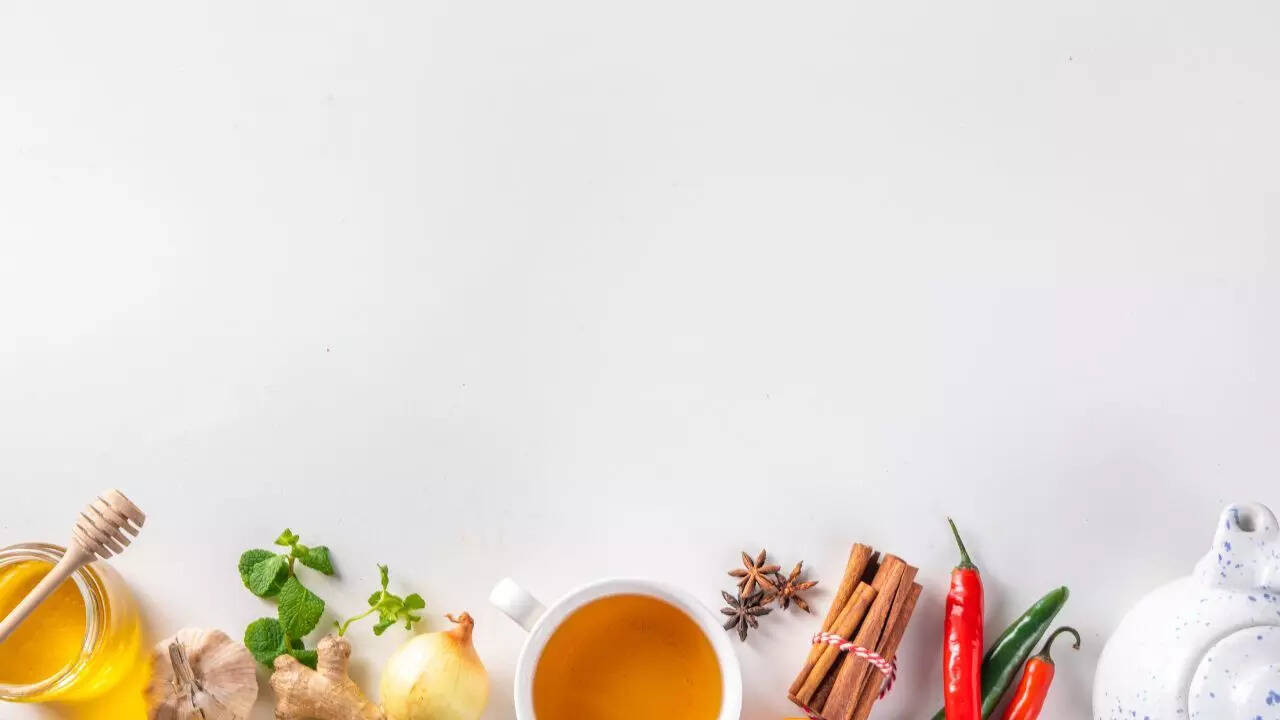
Experiencing the flu often leaves the body weak, dehydrated, and low on energy. To recover faster, it’s important to focus on foods and drinks that strengthen the immune system while avoiding those that may worsen symptoms. Staying hydrated is essential, with water, broths, herbal teas, and juices without added sugars being the best options. Nutrient-rich foods such as chicken soup, vitamin C-packed fruits and vegetables, yogurt with probiotics, and anti-inflammatory spices like ginger and turmeric can support healing and boost immunity. On the other hand, alcohol, processed foods, fried meals, and sugary snacks should be avoided as they can strain digestion and prolong illness. Choosing the right diet can speed recovery and help the body fight infection.
Importance of hydration when you have the flu
Staying hydrated is one of the most critical steps in recovering from the flu. Fever, sweating, and reduced appetite can make dehydration more likely. Water remains the best option for hydration, but you can also include beverages that offer additional benefits:
- Warm broths (chicken, beef, or vegetable)
- Ginger tea for soothing nausea and inflammation
- Herbal teas with honey for throat comfort
- Lemon and honey tea for hydration and vitamin C
- 100% fruit juices without added sugar for fluids and nutrients
Low-sugar electrolyte drinks like Pedialyte can help restore electrolyte balance, especially in cases of vomiting or diarrhea, but should be used under a doctor’s supervision. Even fruits and vegetables contribute to hydration while providing vital nutrients.
Immune boosting foods to eat during the flu

Eating nutrient-dense foods gives your body the energy it needs to fight infection. Here are ten foods that can help you recover faster:BrothBroth is comforting and easy to digest. Chicken, beef, or vegetable broth provides hydration, soothes sore throats, and helps relieve nasal congestion.Chicken SoupChicken soup is a classic flu remedy. It combines hydration, protein, vitamins, and minerals in a single bowl:
- Broth prevents dehydration and replenishes electrolytes
- Chicken supplies protein and zinc
- Vegetables like carrots provide vitamin A
- Celery and onions are rich in vitamin C
- Herbs add antioxidants to support immune function
GarlicGarlic is known for its antiviral properties and immune-boosting potential. Adding fresh garlic to meals or consuming it in small quantities may help prevent the spread of viral infections.Vitamin D-rich foodsVitamin D supports immune health and may reduce flu susceptibility. Include:
- Fatty fish like salmon and trout
- Cod liver oil
- Fortified plant-based milks (almond, oat, soy)
- Dairy products
YogurtYogurt contains probiotics, which are “good bacteria” that can help support immune function. Choose yogurt with live active cultures, vitamin D, and minimal added sugar.Vitamin C foodsVitamin C supports immune defenses. Consume:
- Citrus fruits such as oranges, lemons, and grapefruits
- Red and green peppers
- Kiwi and broccoli
Vitamin C supplements are an option if dietary intake is insufficient.Leafy greensSpinach, kale, and other leafy greens are packed with vitamins A, C, E, and K, as well as minerals that aid immune function. Add them to smoothies, soups, or salads.BroccoliBroccoli contains vitamin C, vitamin E, calcium, and fiber. Eating it steamed, roasted, or in soup can help boost immunity.OatmealOatmeal is gentle on the stomach and provides copper, iron, selenium, zinc, fiber, and protein—all essential nutrients for recovery.Anti-inflammatory spicesGinger, turmeric, hot peppers, and horseradish can help ease flu symptoms by reducing inflammation and clearing congestion. Incorporate them into teas, soups, or meals.
Foods to avoid during the flu
Certain foods can worsen flu symptoms or slow recovery:
- Alcohol, which dehydrates and weakens immunity
- Fatty foods such as pizza, fried foods, and fast food
- Excess sugar, including candies and sweetened beverages
- Highly processed foods that are low in nutrients
- Dairy in some cases, as lactose may be hard to digest
Feeding a child with the flu
Children are more prone to dehydration and nutrient loss during flu. Encourage frequent fluid intake, including water, broths, or popsicles. Offer small, nutrient-rich meals and avoid foods that may irritate the stomach.
Preventing flu with nutrition
Eating well throughout the year strengthens immunity and may help prevent flu infections. Include:
- Vitamin C from citrus fruits and peppers
- Vitamin D from salmon, mushrooms, and fortified milk
- Zinc from oysters, red meat, and fortified cereals
- Selenium from seafood, eggs, and dairy
- Protein from beans, nuts, and poultry
- Probiotics from yogurt, kefir, and kimchi
- Prebiotics from garlic, onions, and leeks
A balanced diet, along with exercise, adequate sleep, and vaccination, is the most effective flu prevention strategy.
Key nutrients for immune support
The following vitamins and minerals are essential for keeping your immune system strong:
- Vitamin A
- Vitamin B complex
- Vitamin C
- Vitamin D
- Vitamin E
- Zinc
- Selenium
Prevention tips in cold and flu
- Exercise regularly to reduce cold risk by 20–30%
- Wash hands frequently to prevent germ transmission
- Get a flu vaccine to reduce risk by up to 60%
- Maintain a balanced diet for optimal immunity
Disclaimer: This article is for informational purposes only and is not a substitute for professional medical advice. Always consult your healthcare provider before making changes to your diet, taking supplements, or seeking treatment for flu or other illnesses.Also Read | Paneer vs cottage cheese: Which protein-rich cheese is better for your health, diet, and favorite recipes?








